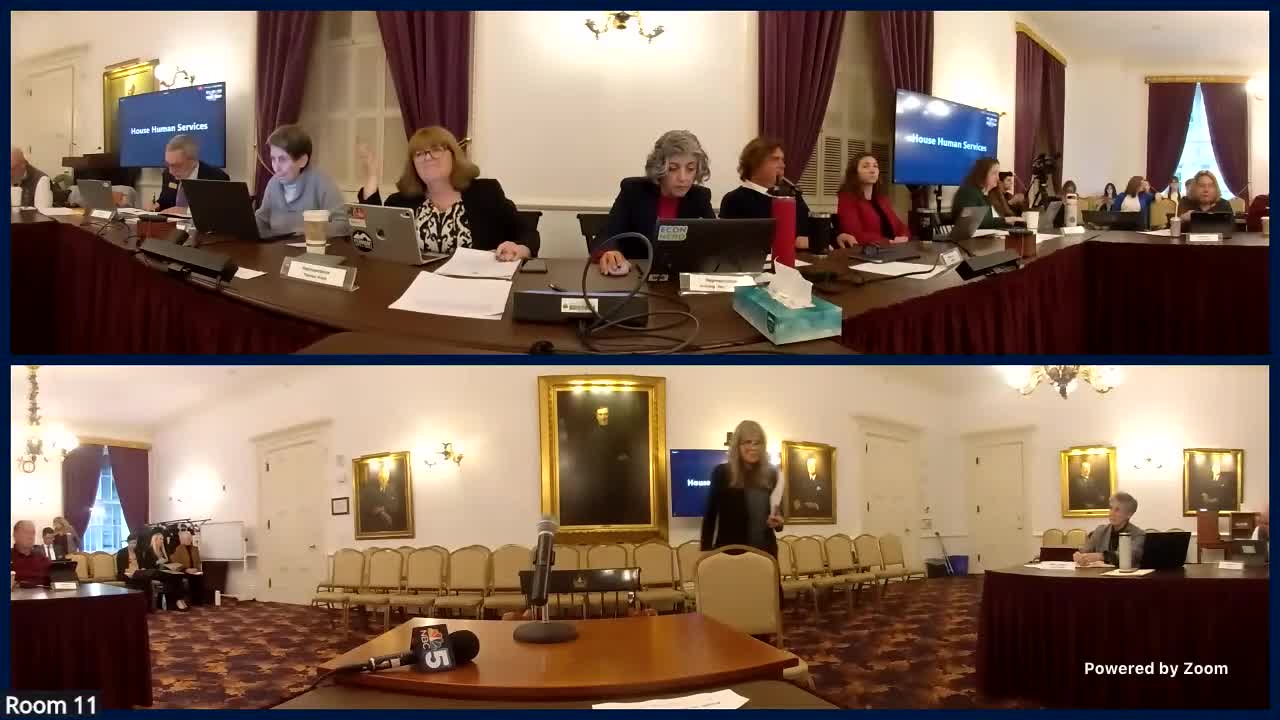Central Vermont food shelves report surge in clients as SNAP interruption looms
Get AI-powered insights, summaries, and transcripts
Subscribe
Summary
Capstone Community Action reported a sharp increase in new food-shelf applications and described clients who rely on SNAP for medically necessary and special-diet foods. Witnesses warned that community food systems cannot fully replace SNAP benefits and flagged additional federal grant delays affecting operations.
Liz Sharp, director of community economic development and food security at Capstone Community Action, told the House Human Services Committee she has seen a large increase in new applicants at Capstone's food shelf as households anticipate a disruption to SNAP benefits in early November.
"We have definitely seen a really large increase in the number of people who haven't used our food shelf, visiting us in the last couple of days," Sharp said. She described multiple recent clients who would be disproportionately harmed by a benefit interruption: a 37-year-old school bus driver who suffered a heart attack and can no longer work; a veteran with a brain injury who receives about $1,000 a month in retirement; and a client who requires specific, fresh foods for medication to be effective and said their SNAP benefit pays for that food.
Sharp said the charitable food system lacks the breadth and the specialized items many households need and cautioned that it cannot replace the purchasing power lost if SNAP benefits are not available. She said Capstone typically spends about $120,000 on food purchases while the agency receives roughly $500,000 worth of food (including donated and wholesale/surplus sources). Sharp also told the committee that federal funding disruptions were compounding local needs: the Community Services Block Grant funding and emergency food and shelter reimbursements remain uncertain because of federal budget delays.
"We really do appreciate the efforts that the state is making to fill this gap," Sharp said, "but the charitable food system cannot replace $12.5 million of food benefits." She urged continued state coordination with local providers if federal benefits remain unavailable.
Committee members expressed appreciation for the community partners and noted local food drives and other volunteer efforts are active, but witnesses and members emphasized that food shelves are already stretched and that donations provide short-term relief rather than a durable substitute for SNAP.
